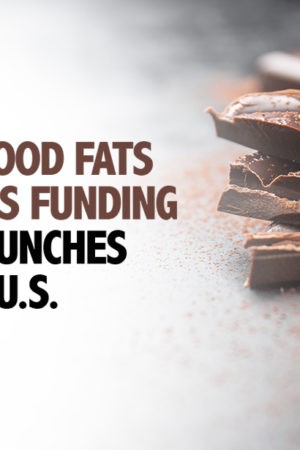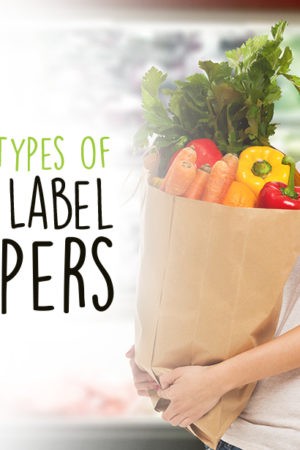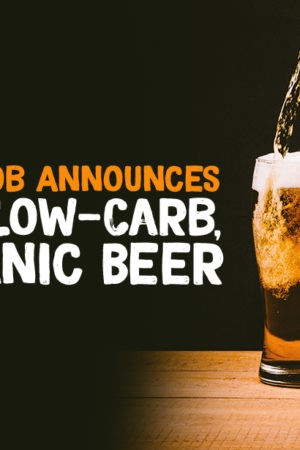Millennials are trailblazers. From charging into the digital sphere to influencing everything from fashion to how music is distributed, there is no way to deny that the millennial generation has taken the world by storm thanks largely to the power of the internet. If you've noticed that food manufacturers have suddenly become more aware of natural ingredients, health-conscious options, and fewer preservatives and flavorings, you probably have the millennials to thank.
They want their own definition of health
If you ask a millennial which types of foods are “healthy,” their answer will probably vary largely from the answers of past generations. You won't hear a millennial say that they are looking for menu options that are low in fat or that follow the traditional government food pyramid. Millennials highly value food that is responsibly sourced and grown without the assistance of genetically modified organisms or pesticides, according to recent research on millennial eating trends and habits.1
They want keto-approved options
The ketogenic diet, which places a high emphasis on the control of hunger through consumption of healthy fats and proteins in lieu of carbs, has been becoming increasingly popular with millennial dieters. According to research from IFIC, 47 percent of millennials say that the consumption of animal protein is healthy, about 20 percent higher than older generations.2 They are also more likely to believe that saturated fats (like coconut oil and butter) are healthy in reasonable amounts.
They want it easy
Millennials have gotten a reputation for being lazy. While this may not be as true as our culture says it is when it comes to education or employment, research has shown that millennials undeniably love their food quick and easy. According to a survey from IFIC, 55 percent of millennials confirmed that convenience was a major factor that came into play when deciding which types of foods to buy.3 The sudden popup of a culture saturated with food trucks, meal delivery services, and heat-and-eat options is largely thanks to the influence of the millennial consumer.
They value nutritional information
As a whole, millennials do not trust corporations with their health as readily as previous generations. Millennials are putting more pressure on food makers than ever before to be transparent about the sources of their ingredients, how much added sugar is being consumed with their products, and the calorie, carbohydrate, and fat content of their products.
This pursuit of the truth has even made its way into the political realm. In 2010, health care legislation was passed that makes it a legal requirement for most fast food chains to keep nutritional information on all of their menu items available for customers, as well as post the calorie count for their dishes. Though these laws go into nationwide effect soon, many restaurants popular with millennial audiences (like Chipotle and Shake Shack) have voluntarily begun offering calorie information.4
The bottom line? If you want to appeal to millennial consumers, your product has to have it all. You need to be open and honest about processing, limit carbohydrate count, and responsibly source ingredients if you want to make it with this picky audience!
NUTRITIONAL DISCLAIMER
The content on this website should not be taken as medical advice and you should ALWAYS consult with your doctor before starting any diet or exercise program. We provide nutritional data for our recipes as a courtesy to our readers. We use Total Keto Diet app software to calculate the nutrition and we remove fiber and sugar alcohols, like erythritol, from the total carbohydrate count to get to the net carb count, as they do not affect your blood glucose levels. You should independently calculate nutritional information on your own and not rely on our data. The website or content herein is not intended to cure, prevent, diagnose or treat any disease. This website shall not be liable for adverse reactions or any other outcome resulting from the use of recipes or recommendations on the Website or actions you take as a result. Any action you take is strictly at your own risk.
- Keto Drives Increased Calorie Burn - July 11, 2019
- New High-Protein, Low-Sugar Greek Yogurt Hits Market - April 1, 2019
- Can Going Low-Carb Fight Back Fat? - December 4, 2018































